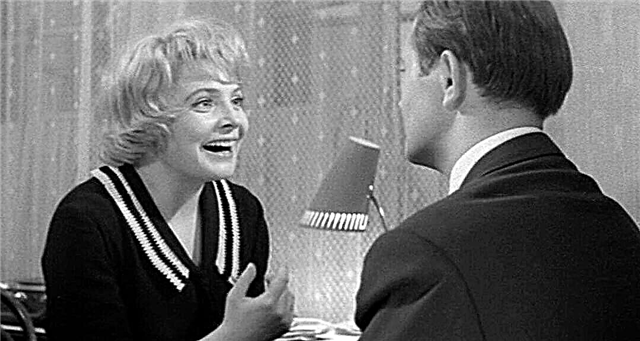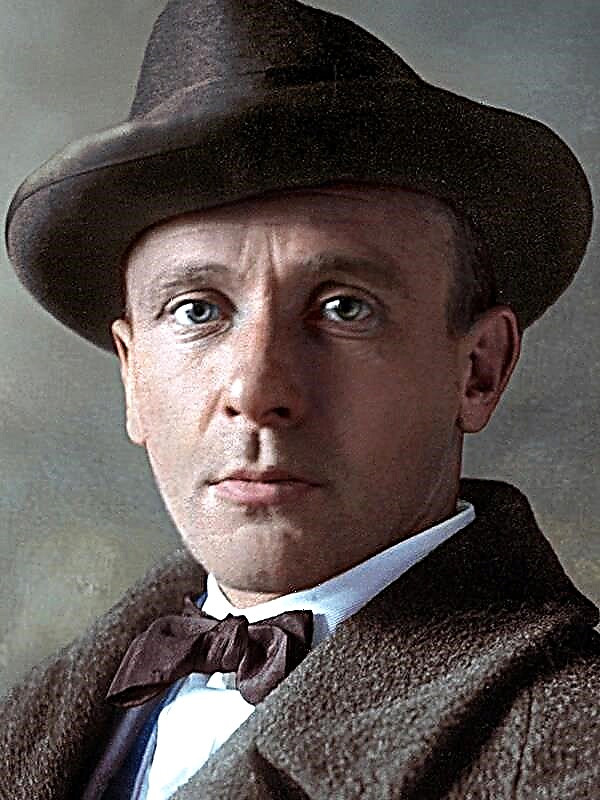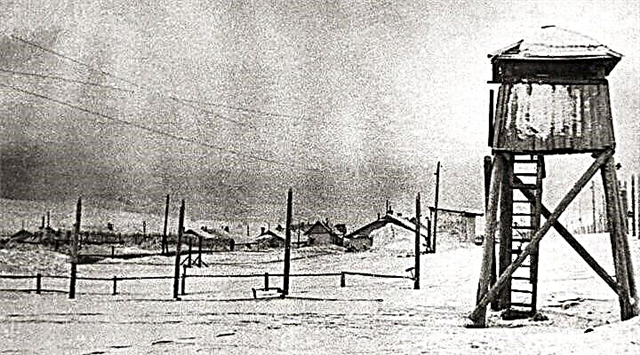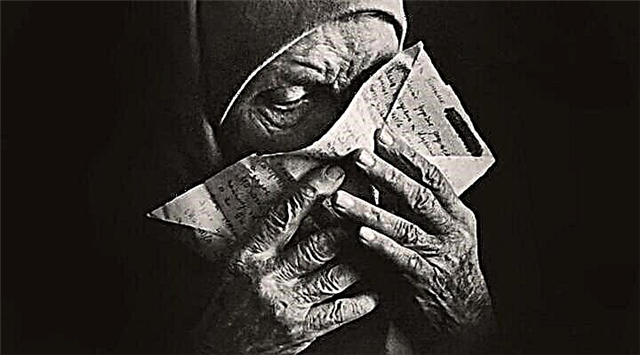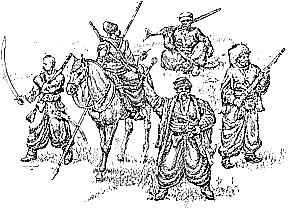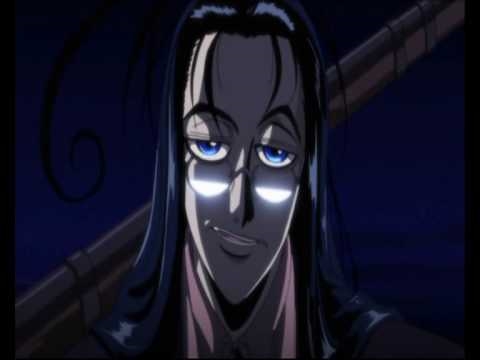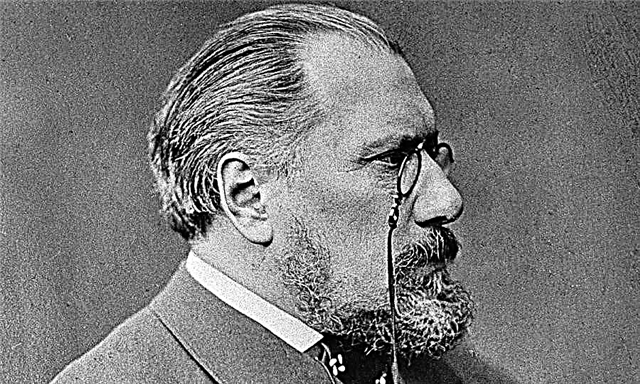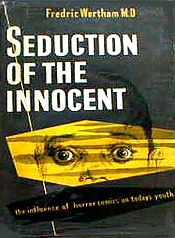Despite the fact that everyone had just turned the page of the calendar and met a still warm autumn, the breath of the great and terrible USE is already felt behind. Time will run very fast, you need to start preparing now! For writing essays, arguments are needed, and the Literaguru team provides examples from foreign classics in the direction of “kindness and cruelty”, so that the exam would be able to show off knowledge not only of domestic literature.
- Dante, The Divine Comedy. In The Divine Comedy, Dante presents to mankind his own vision of the afterlife, describing in detail Hell, Purgatory and Paradise. The most terrible part of the work describes the sins of the martyrs, the suffering of souls and the punishment for manifesting any cruelty in life. For example, killers fall into the seventh circle of Hell. For such merciless deeds, sinners boil in bloody boiling water. Dante paints his “tour” in Hell in detail and, together with Virgil, observes the ever-repeating chaos in each circle. The seventh circle is also bright with cruel punishments in the form of hunting harpies and fire rain. Thus, the author proves that cruel people who committed, for example, murders, will also face only cruelty and ruthlessness, even if it happens after death.
- Shakespeare, King Lear. Sometimes some people are cruel even to their own people, not thinking about what they might face in response. Is it necessary to put resentment above mercy or is it more correct to close our eyes to the past and show kindness? In his tragedy, King Lear, Shakespeare writes about how the main character, King Lear, renounces his own daughter, Cordelia, because she refused to flatter her father. The other two daughters did not miss such a chance, because in this way the king decided the division of the kingdom. However, King Lear subsequently realizes how hypocritical his daughters were, repeating to him of high love. Only Cordelia was kind to her father and sheltered him when he was expelled by her sisters from the kingdom. William Shakespeare in his play shows that to be vindictive and heartless in response to cruelty is not an option, on the contrary, you need to let go of past grievances and show kindness. The only way to break the vicious circle of mutual insults.
- Goethe, The Suffering of Young Werther". Can you call a person in love kind? Or, on the contrary, hang on him the stigma of a cruel personality only because feelings stand at the head of everything? In the era of sentimentalism, it was believed that a good person was emotional, and if you are able to cry, scream, suffer, then you have a good heart. We turn to one of the most sentimental heroes - the character from Goethe's work “The Suffering of Young Werther”. Throughout the novel, Werther is tormented by unhappy love for a married woman, and, in the end, does not withstand the intensity of passions. In the finale of the work, Werther commits a cruel act, but, first of all, in relation to himself - the hero commits suicide in order to get rid of suffering. However, despite this, the character can hardly be called cruel and evil, on the contrary, he has a kind heart, filled only with sincere love.
- Lessing, Emilia Galotti. Life, like literature, is sometimes so confused that opposing concepts such as "kindness" and "cruelty" can mix and intersect in one act. This can be seen in Lessing’s tragedy, Emilia Galotti. Prince Ettore Gonzaga attacks the bridegroom of Emilia and kidnaps the girl herself. When alone with her captor, Emilia realizes that she has feelings for him. The unfortunate father seeks a meeting with his daughter, and she tells him that she thinks about suicide, so as not to succumb to temptation. But suicide is a sin for which you end up in Hell, so the father has no choice but to kill his daughter himself. Performing such a seemingly cruel act, the father saves Emilia from dishonor, realizing that it is better - death, and the girl dies innocent. Emilia was provided with life in Paradise, since she did not surrender to inappropriate feelings and did not kill herself, and the soul of the father after the murder of her daughter will go exclusively to Hell. Sometimes people commit cruel acts, guided exclusively by good intention and the desire to help and save others.
- Hoffman, "Little Tsaches". One manifestation of cruelty is ingratitude. Some brazenly take advantage of the fact that good people go to meet them, and otherwise regard the help. In Hoffmann’s short story “Little Tsahes”, the kind fairy took pity on the protagonist - a dwarf freak - and awarded him with a magical property: those around him were sure that Tsahes had the talent of someone who was in his field of vision. Thus, Little Tsahes misled everyone, and people remained deceived. The fairy is an example of kindness in the tale of Hoffmann, because she took pity on Tsahes and helped him, since he lived an inferior life. Moreover, she wanted Tsahes to be equal to those at the expense of whom he rose, but he only used it cruelly. Unfortunately, not everyone is able to appreciate a good deed.
- Balzac, "Father Gorio". Unfortunately, many people, inhumanly using the gentleness of kind assistants, treat them cruelly. We will meet the same situation in Balzac’s novel “Father Gorio”. The daughters of the protagonist Anastazi and Dolphin left their father. Gorio's father loved his daughters very much and forgave them for their indifference and cynicism, but the girls absolutely did not appreciate the kind heart of his old man. As soon as they successfully marry, they seem to forget about their father, they are even ashamed of him: after all, they now began to spin in higher circles, and Gorio was a pasta. Anastazi and Dolphin did not visit Gorio, even when he was dying, and empty carriages cynically sent to his funeral. Gorio's father is a kind and generous hero, forgiving his daughters for any cruelty, but never met with sympathy from them. Unfortunately, kindness is not at all a guarantee of personal happiness, and sometimes even a condition under which happiness is unattainable.
- Wilde, "Portrait of Dorian Gray." It often happens that people with a big heart turn a blind eye to the cruelty of loved ones and loved ones, reconciling with various circumstances. In Wilde’s novel "Portrait of Dorian Gray" we meet just such a hero - the artist Basil, who painted the very fateful magical portrait. Basil sincerely loved Dorian Gray, and he, realizing that all his misconduct would be hidden in the portrait, turned into a cheeky and vicious person. There were terrible rumors about Dorian Gray, but Basil tried not to believe them because of his love for the young man. The artist kindly reacted to the hero, but Dorian absolutely did not see in Basil that angel that the reader might have seen. Basil’s kindness was confronted only with the equanimous cruelty of Dorian, who decided that it was the artist who was to blame for all his sins. As a result, the young man, without appreciating Basil’s magnanimity and feelings, killed the creator of the picture, which reflects the hero’s soul. Unfortunately, not all people can respond with good to good, so even a good-natured person is not immune from cruel and unfair treatment.
- Remarque, “On the Western Front Without Change”. During the war, soldiers cannot do without cruelty - this is an environment where a good heart can drive you crazy. If you emotionally react to every death at the front, you won’t last a day, so it may seem that all people who have been to the war are cynical. But in fact, they simply did not allow themselves excessive sensitivity, and many still have a sense of shame. For example, the main character of Remarque’s novel “On the Western Front Without Change” Paul. Left alone with the dead enemy, he realizes that he killed a man, the same as he, and then the reader understands what kind of heart he really has in a boy who found himself in the war so early. But the hero cannot go against the system, military days are overwhelming him with blood, and in the finale he is no longer a boy, but a devastated and apathetic man who dies as quietly as his opponent.
- Orwell, 1984. Is it possible for a person to impose any opinion, say, through cruelty? In his anti-utopia 1984, Orwell portrays a state in which everyone must adhere to the views of the party and extol the rule of Big Brother. In Oceania, a lot is prohibited, including love relationships. Therefore, Winston Smith - the main character - has many reasons with all his heart to hate power. However, when the hero is still “caught”, they gradually try to convince him and force him to renounce his own worldview. O’Brien brutally torments the hero, prompting him to abandon even love for Julia. At the end of the novel, Winston comes to the realization that he betrayed everything that he believed in, and now he adheres to the ideology of the party. O’Brien and the entire state are an image of merciless characters who are ready for anything for their own benefit, and the story described in Orwell’s dystopia is an example of how cruelty can break the good that lives in people.
- Golding, Lord of the Flies. In appearance, a person can be kind, diligent and well-mannered, but there is no guarantee that in an extreme situation he will not turn into a cruel savage. In Golding’s novel Lord of the Flies, children find themselves on an uninhabited island. All the boys are from good families, they are young gentlemen who still could not find out about cruelty. However, on the island, some guys become real monsters, ready to go to kill classmates. There are not many people in the world who, in a state of emergency, will be able to put morality above egoism and good above cruelty. Unfortunately, sometimes decency and mercy is just a mask, under which the dark inside of a person sleeps.
- Salinger "The Catcher in the Rye." Some people seem cynical and cruel, although in fact they have a good heart. In his novel, The Catcher in the Rye, Salinger introduces sixteen-year-old Holden, full of youthful maximalism. The hero is trying to understand what adult life is, but at the same time, he considers the elders a little boring and cold. The world of childhood is full of goodness, and Holden is looking for a way to grow up without losing a colorful perception. At the end of the work, the young hero finds the answer, and the reader understands that a kind soul is hiding in an adult and sometimes cynical hero. Cruelty is just a mask of a teenager who is afraid to show true feelings.
- Camus, The Outsider. What are people guided when they commit cruel acts? Is their heart silent, compassion turned off, and they just do not care? In the story of Camus "The Outsider," an indifferent hero appears before readers, who, at first glance, does not cause emotion. Merceau kills a stranger without any particular motive, and in court he is accused of cruelty, arguing that he did not cry at his mother’s funeral. The hero is sentenced to death, but even this does not cause him emotion. He is not a machine, he simply understands that it is necessary to accept what he can no longer change. In fact, he is not an indifferent person, as it may seem, and the murder is not committed because of cruelty, but other people evaluate the act of an “outsider” just like that. And the reason for his action lies in the fact that he obeys instincts, the natural course of things. The animals, on the other hand, do not kill each other from cruelty; they are simply arranged like this, their world is based on the laws of natural selection. So, Merso certainly cannot be called a cruel person, because cruelty is a conscious decision, and our hero acted unconsciously, without subjecting his actions to analysis.

